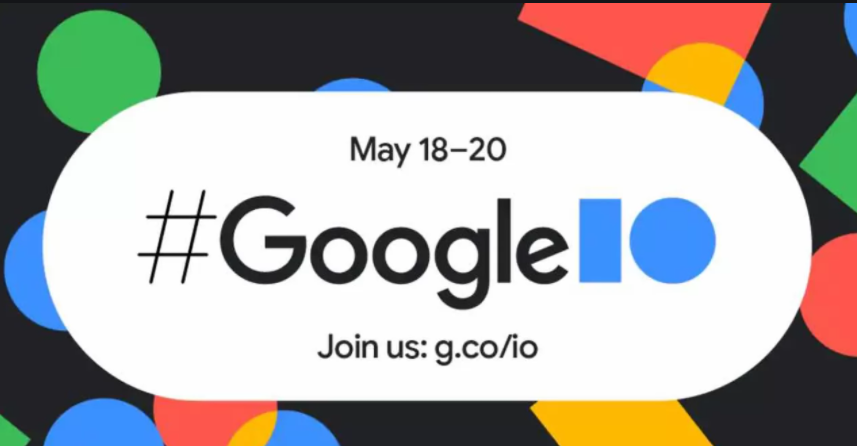Google plays catch up on multiple fronts.
- Google used its keynote to highlight updates to its ecosystem that offer up its version of competing products as well as a few new tweaks of its own.
- First, LaMDA: which is Google’s answer to Open AI’s GPT-3.
- In a nutshell, this is a new language model that attempts to make conversation more general by making improvements to the machine’s ability not just to understand which words have been spoken but what the user meant.
- This is what RFM refers to as stage 2 on the 3 stage process towards the creation of a digital assistant that can actually be of some use beyond telling the time, setting timers, and playing music (see here)
- LaMDA is designed as a single model that is capable of having a conversation about almost anything and Google demonstrated the model having a realistic conversation about both Pluto and a paper airplane.
- This was an impressive demonstration, but one has to bear in mind that this is still a deep learning model which means that the machine still has no causal understanding of what it is doing.
- Consequently, it is not until this gets in the hands of the deep learning skeptics and the general public that it will be fully put to the test.
- Unlike Apple’s M1, I suspect that LaMDA will not live up to its billing and, to be fair, it is a much harder problem to solve.
- Second. E-commerce: in a deepening effort to take the fight to Amazon.
- Here Google is leveraging its knowledge graph and a new relationship with Shopify to enhance the ability of users to buy products from within the Google ecosystem.
- For example, many people use YouTube to research products and now users will be able to buy those products directly within the YouTube app or webpage.
- Google has also deepened its integration with merchants and will track where users have products in carts that have not been purchased for later reference or execution.
- Given that Google is much better than Amazon at search it should be able to surface relevant products more easily than Amazon.
- If this starts to gain some traction (it hasn’t so far), this could represent the most serious threat that Amazon has faced for many years.
- Third, Smart Canvas: which aims to compete more closely with Microsoft Teams as well as benefit from the continuing work from home trend.
- Smart Canvas stitches together Google’s productivity apps which are offered as part of Google’s answer for Office 365 making collaboration much easier.
- Google is also integrating workflow and hangouts into Smart Canvas so that meetings can be initiated at a moment’s notice.
- I still think that Google will struggle for relevance here given Microsoft’s overwhelming position but its strength in education gives it a toehold as students brought up on Google enter the workforce.
- Fourth, Android 12: which offered very little that was new beyond making the Material Design user interface system more dynamic and responsive to media on the phone.
- However, one thing it does do is offer is much tighter integration between different devices that run Android and in this pool, Google includes cars.
- This once again shows how Google thinks about cars in a slip-up that should greatly alarm its OEM “partners”.
- Making its ecosystem devices work better together will help the Google Ecosystem compete against iOS but the vertical integration that iOS devices of every type have will make this an uphill struggle.
- Fifth, Android wear: where the big news is that Google has managed to convince Samsung to ditch Tizen.
- This was fronted as a merger of the two OSs but I suspect that the reality is that Samsung has dumped Tizen and in return, Google will make it possible for exiting Tizen apps to run as well as facilitate those apps in their migration to Android Wear.
- This makes complete sense as Tizen has done nothing for Samsung other than limit the appeal of its wearable products.
- Perhaps it will soon see some more light and send the execrable Bixby in the same direction.
- This was a housekeeping event where everyone who said that they were super excited clearly was not as Google is a company of engineers, not actors.
- It highlights Google’s efforts to close the gap on competition in the areas where it is lagging as well as keep ahead of peers in the areas where it is already ahead.
- I think this helps Google keep its lead in AI for the moment but its foreign peers such as Baidu and Yandex are snapping ever more closely at its heels.
- The Alphabet stock falls clearly into the category where a big beat against guidance gives a small rally bit should it miss, then there would be a large correction.
- Such a poor risk-reward scenario keeps me out of this one.









